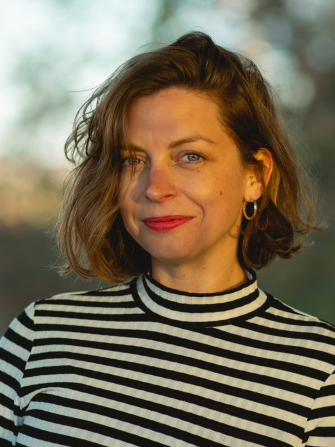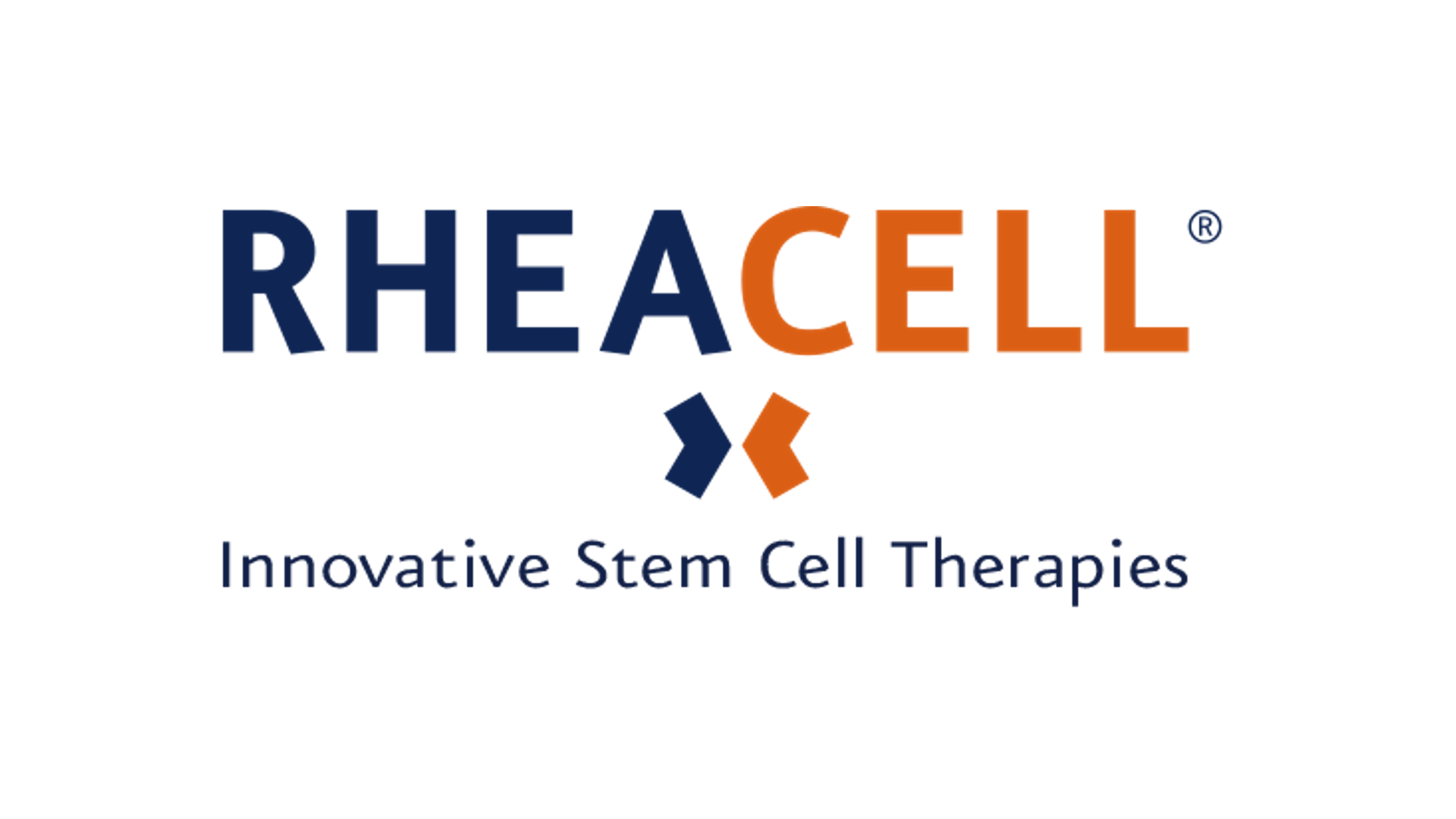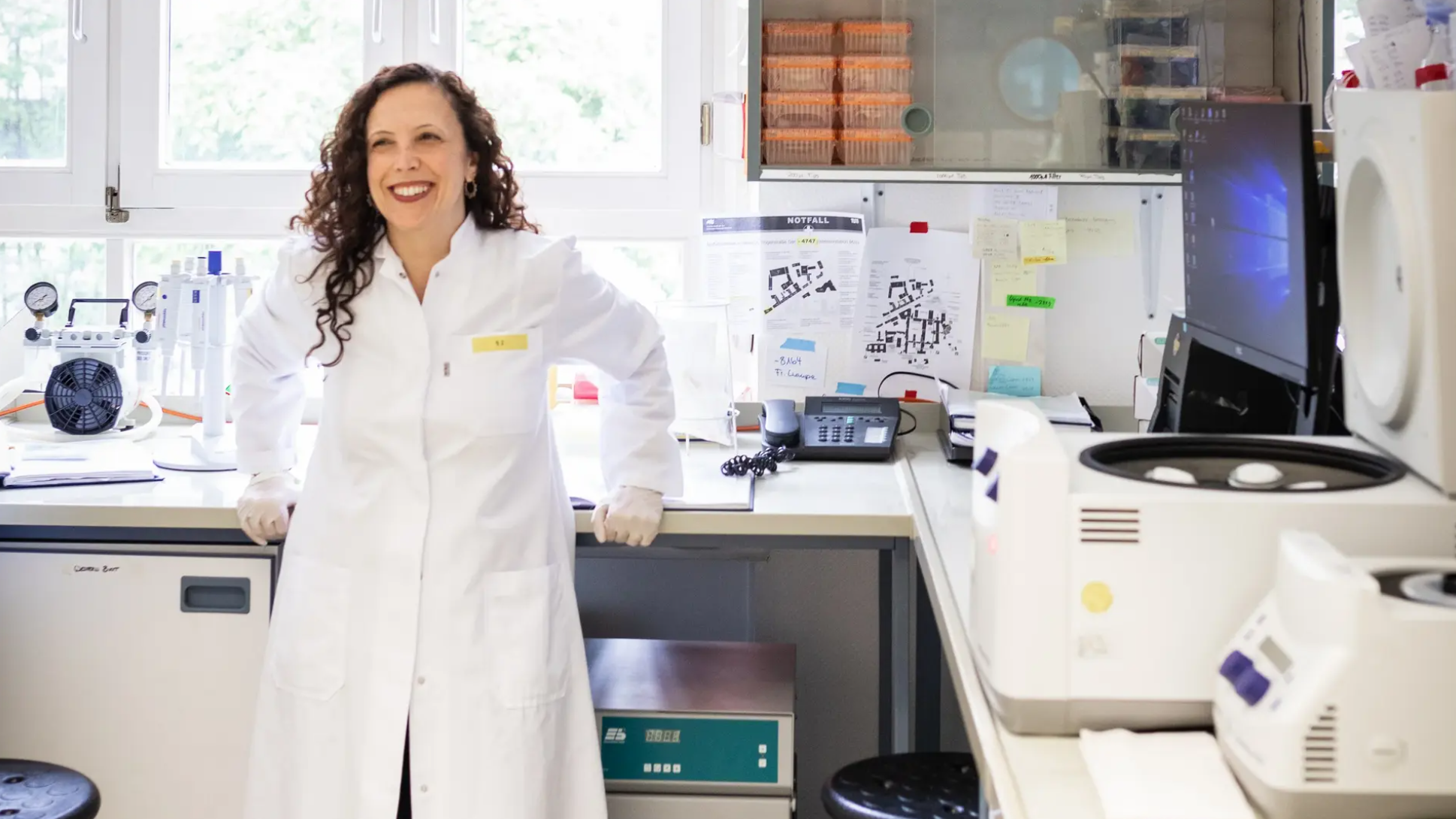ERC Awards Four Starting Grants to Universität Heidelberg
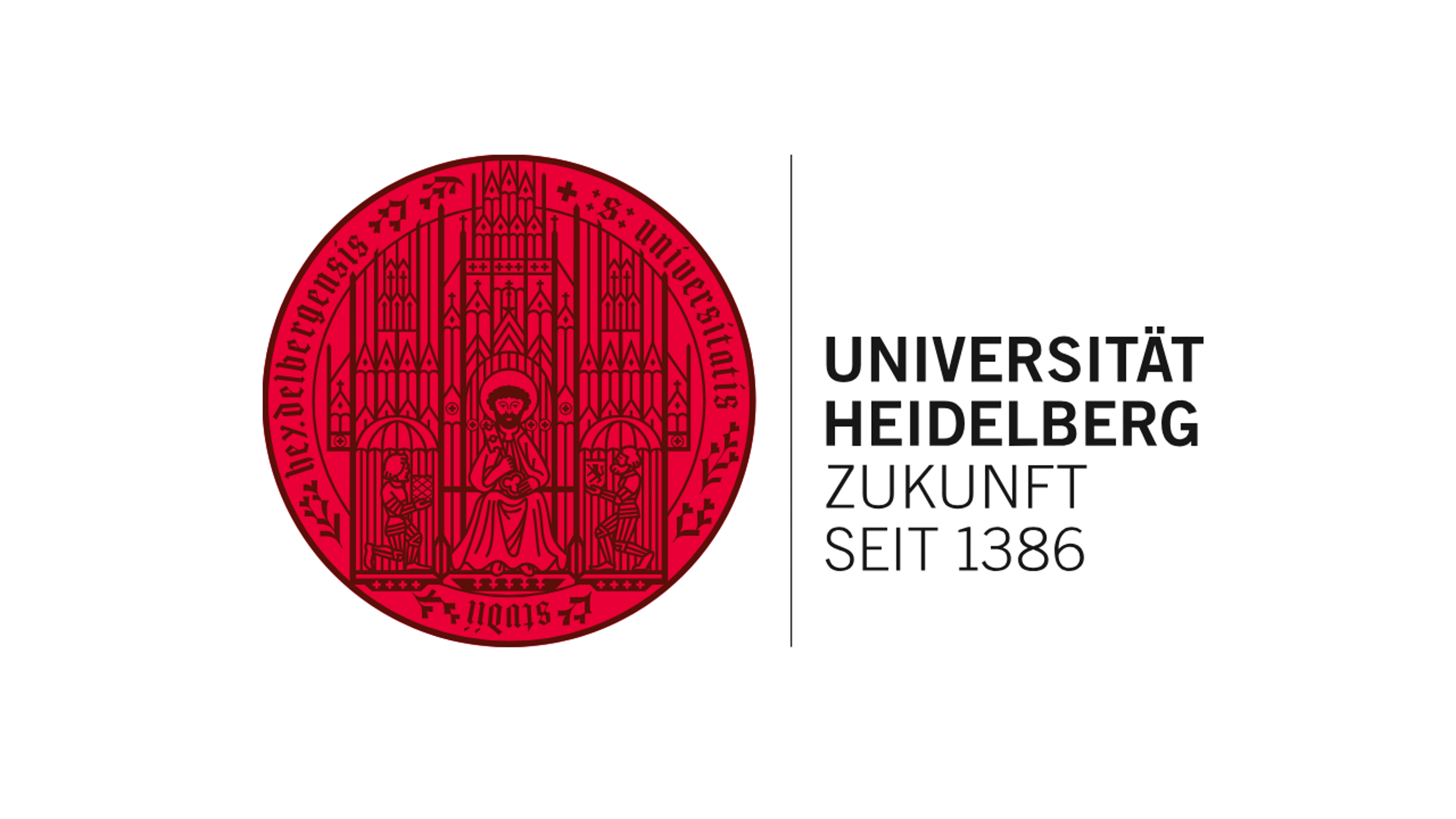
European Research Council funds groundbreaking projects by early-career researchers
The European Research Council is awarding four valuable grants to Heidelberg University. These ERC Starting Grants go to researchers in early stages of their career who want to carry out groundbreaking research with ERC funding. They include Dr Michael Gerlt, who will do research at the Institute for Molecular Systems Engineering and Advanced Materials, and Dr Mahak Singhal; his ERC project is located at the Medical Faculty Mannheim. Other grant recipients are Dr Loreleï Vanderheyden from the Institute for Papyrology and Prof. Dr Nora Waitkus from the Max Weber Institute for Sociology. The European Research Council is making available approximately six million euros – nearly 1.5 million euros for each project. The funding is for five years.
Dr Michael Gerlt
Dr Gerlt’s research is in the field of acoustic microfluidics, i.e., acoustofluidics. The scientist is working on a pioneering technological platform which uses ultrasound to extract nanoparticles from liquids in microliter volumes. His ERC project “Theranostic Platform for Early Diagnosis and Treatment of Cancer Based on Acoustofluidics” (TheraSonic) centers on extracellular vesicles, which can penetrate cell membranes and transport information from one cell to the next. Its particular cargo is to be selectively isolated by means of acoustofluidics in an as yet unprecedented way, aimed at identifying highly specific cancer vesicle profiles. They could be used as new biomarkers for early cancer detection, and also as carriers for therapeutic agents, thereby enabling the development of new therapeutic approaches. Michael Gerlt currently holds a postdoctoral research position at Lund University in Sweden and will transfer to the Institute for Molecular Systems Engineering and Advanced Materials of Heidelberg University.
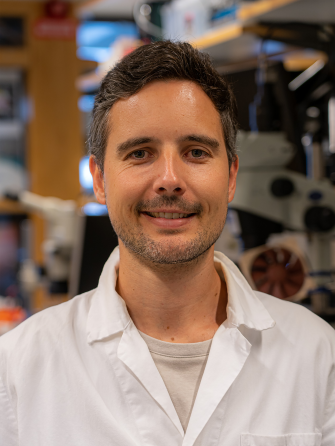
Dr Mahak Singhal
Dr Singhal’s research focuses on the mechanisms of vascular homeostasis, which is governed by a layer of endothelial cells that lines our blood vessels. In this context, the scientist investigates how their resilience is influenced by external stimuli. In the framework of his ERC-funded project “DeClocking the Vascular Rhythmic Control of Tissue Homeostasis and Disease Initiation” (Vascular-Rhythm), he will study the way endothelial cells sense, anticipate, and respond to circadian changes in the environment, e.g. the change from day to night. These rhythmic programs are to be examined at the molecular level in the endothelium of the liver and the lungs of various organisms, inter alia with computational methods and a cross-species analysis platform. With his research, Dr Singhal wants to explore the impact of manipulating vascular rhythms on physiological organ function, aging, and the emergence of diseases. Mahak Singhal is a junior research group leader at the European Center for Angioscience (ECAS), which belongs to the Medical Faculty Mannheim of Heidelberg University.
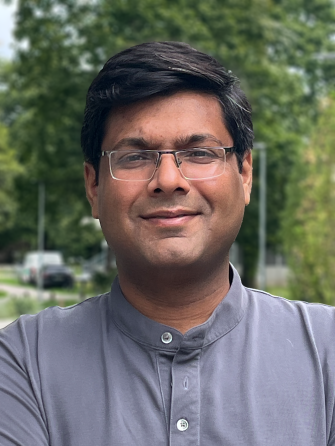
Dr Loreleï Vanderheyden
The diverse Coptic epistolary practices that emerged between the 4th and 11th centuries CE are the focus of Dr Vanderheyden’s research. In her ERC-funded project “Reconstructing Scribal Vernacular Practices. Coptic Correspondence and Vernacular Scribal Practices in Late Antique and Early Islamic Egypt” (RSVP) the scholar will examine a corpus of 5,000 Coptic letters for the first time. Through this, she aims to offer a reconstruction of the social networks and cultural identities as well as the everyday lives of epistolographers when Coptic was the vernacular language of Egypt, employed alongside official languages such as Greek and Arabic. Dr Vanderheyden combines paleographic approaches with digital humanities methods and sociolinguistic analyses to reassess writing culture, multilingualism, and epistolary “étiquette”. Her research findings are expected to provide social historians of antiquity and the Early Middle Ages new insights into a pivotal period of cultural transition between Byzantium and Islam. Loreleï Vanderheyden conducts her research as a research associate at the Institute for Papyrology at Heidelberg University.
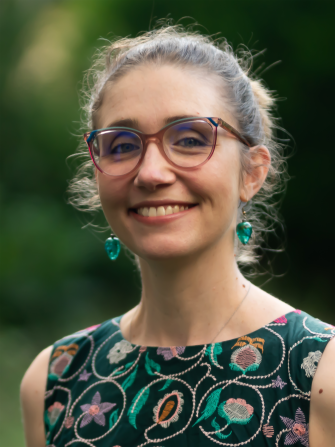
Prof. Dr Nora Waitkus
The socio-economic consequences of “financialization”, where credit and capital markets increasingly extend to areas beyond the financial system, are the topic of Prof. Waitkus’ ERC-funded research. The project “Towards a Sociology of Debt Stratification and its Moral Foundations Across Countries” (SOCDEBT) will investigate the question of the societal impacts of debts incurred by private households. The researcher will examine the social stratification of debt in different countries and over time. By doing so, Prof. Waitkus aims to uncover which social groups incur debt, under what circumstances, and when. Through international comparison, she seeks to show how moral judgments of debt and debtors vary across time, space, and context — especially in light of the paradox that not only the poor, but also the wealthy, take on debt, often as a strategy to build further capital. Nora Waitkus is professor for comparative social stratification at Heidelberg University’s Max Weber Institute for Sociology.
